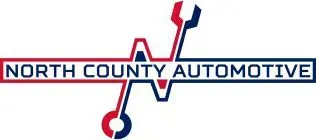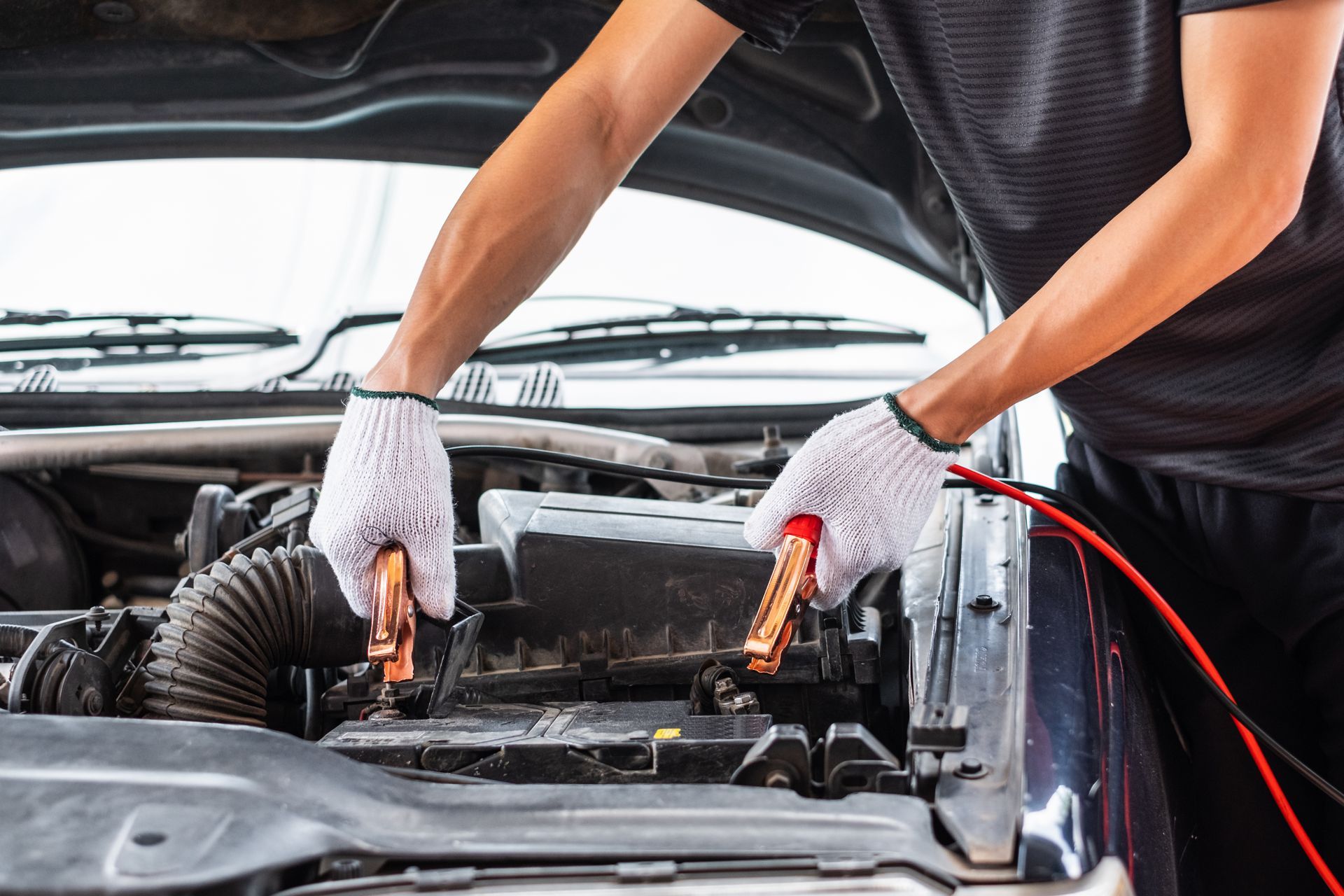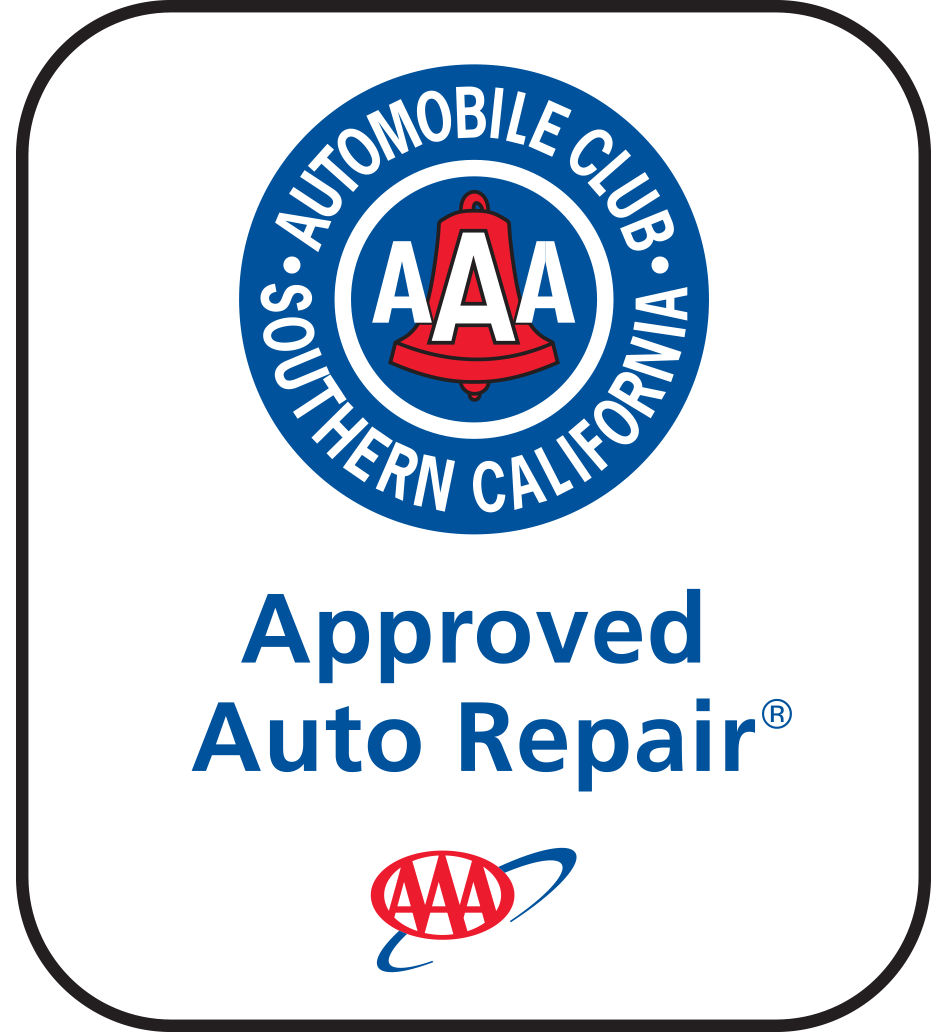What Does ASE Certification Mean?
The National Institute for Automotive Service Excellence is an independent non-profit organization working to improve the quality of vehicle repair and service by testing and certifying automotive professionals. Currently, almost 300,000 Automotive Technicians and Service Professionals hold ASE Certifications. ASE Certified Professionals work in every part of the automotive service industry. ASE certifies automotive technicians and service professionals, not the auto shops.
ASE’s aim is to protect the automotive service consumer, shop owner, and the automotive technician. They test and certify automotive professionals so that shop owners and service customers can better gauge a technician’s level of expertise before contracting the technician’s services. They certify the automotive technician professional to offer tangible proof of their technical knowledge. ASE Certification testing means peace of mind for auto service managers and customers alike.
In addition to passing an ASE Certification test, automotive technicians must have two years of on the job training or one year of on the job training and a two-year degree in automotive repair to qualify for certification. The tests are challenging, with only two out of three test takers passing on their first attempt. To remain ASE certified, professionals must retest every five years to keep up with ever-advancing automotive technology.
ASE Certification tests are written in workshops by a national panel of seasoned automotive industry professionals and executives, including working technicians, automobile manufacturers, aftermarket manufacturers, and educators. Exams are segmented by sub-specialty such as automobile, medium/heavy truck, truck equipment, school bus, collision repair, and more. There are 40-plus exams each designed to discern the automotive service technician’s knowledge of job-related skills.
Here at North County Automotive, we’re proud of Erik’s ASE certification! He’s a certified Master Automobile Technician in all of the following skills:
- Engine Repair
- Automatic Transmission/Transaxle
- Manual Drive Train and Axles
- Suspension and Steering
- Brakes
- Electrical/Electronic Systems
- Heating and Air Conditioning
- Engine Performance
Learn more about ASE certification here: https://www.ase.com/About-ASE.aspx



